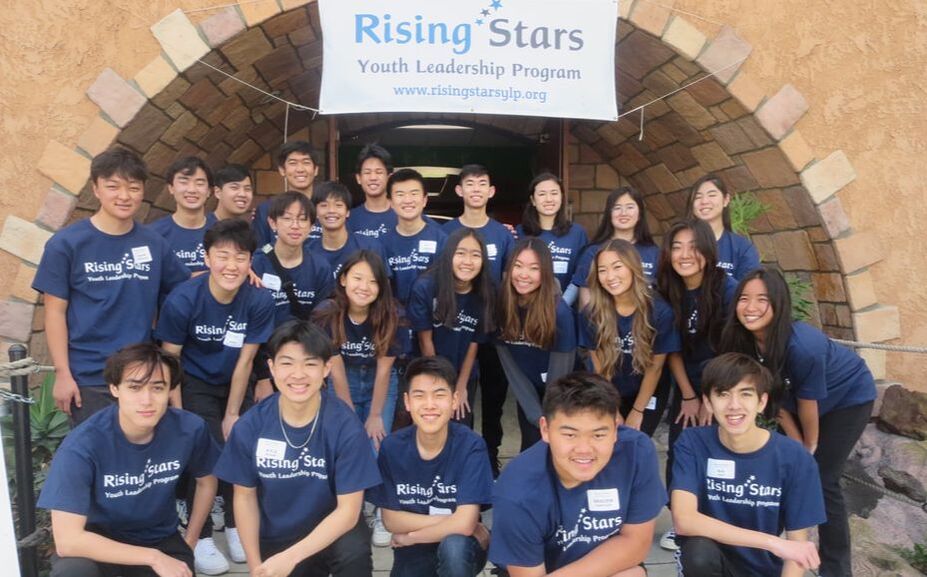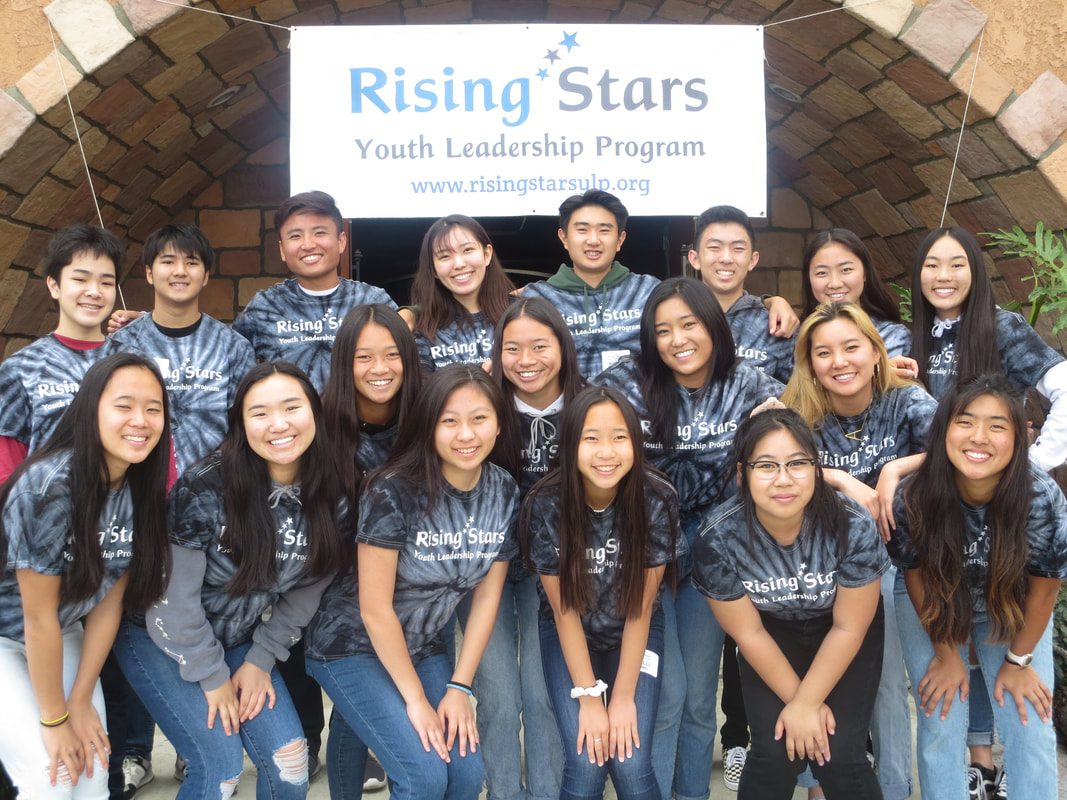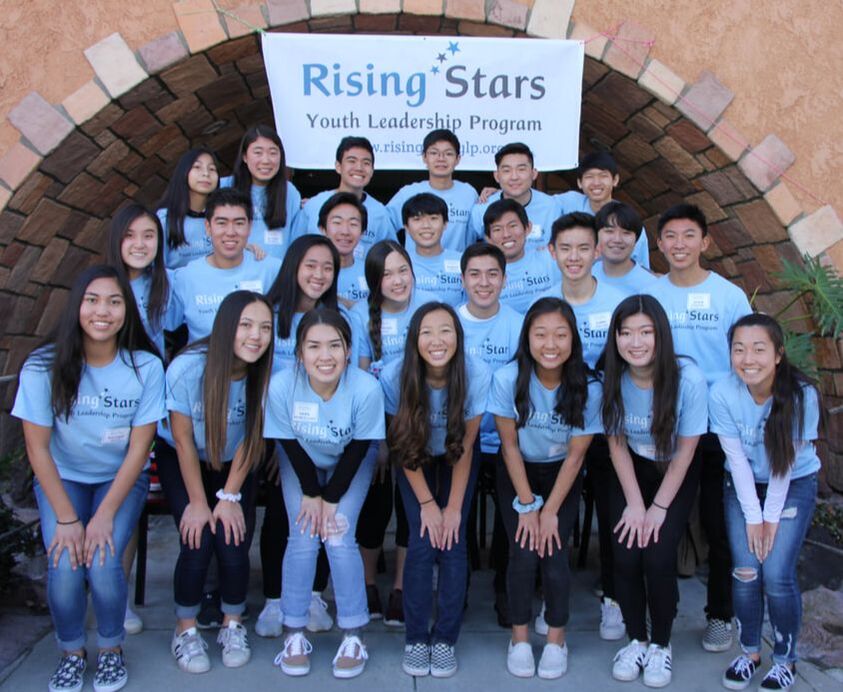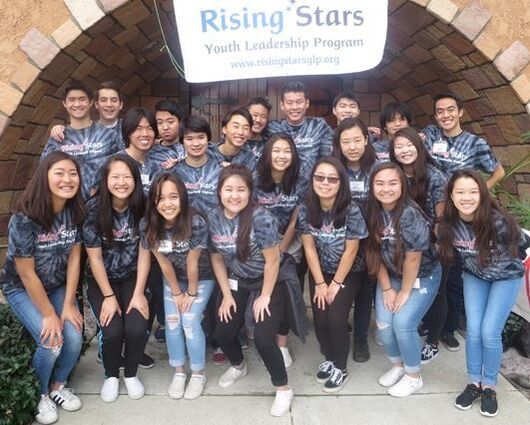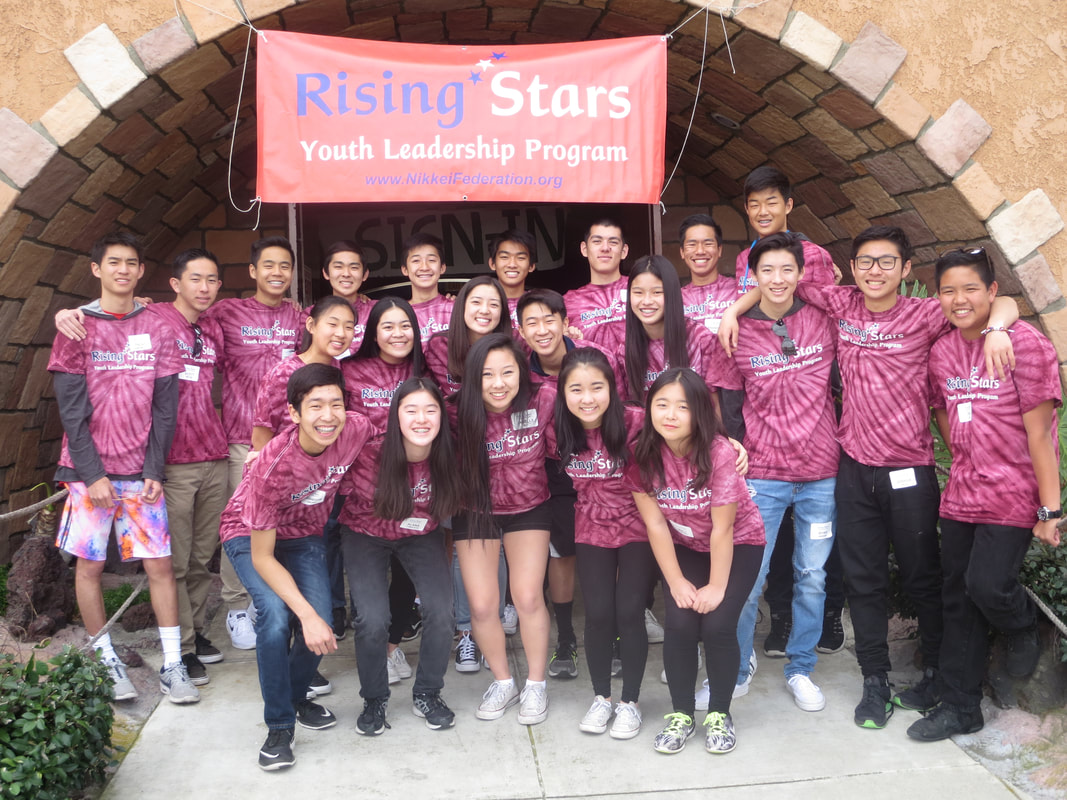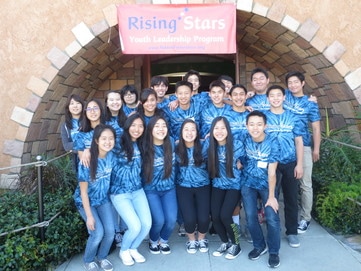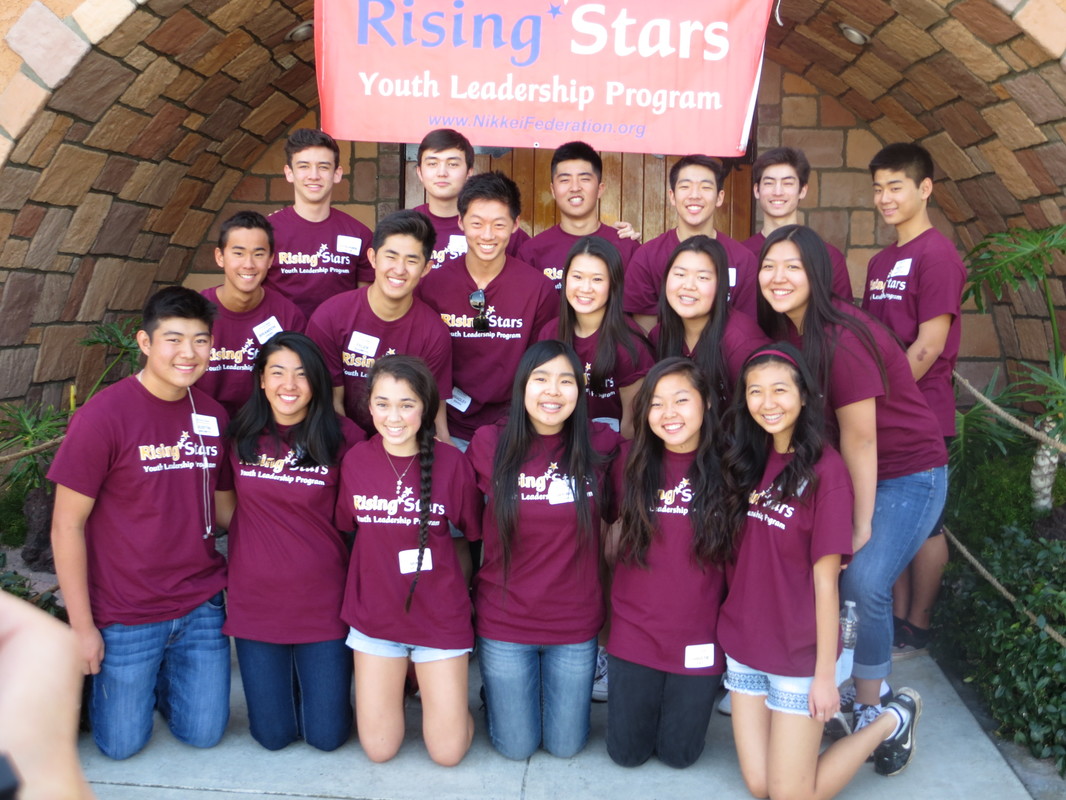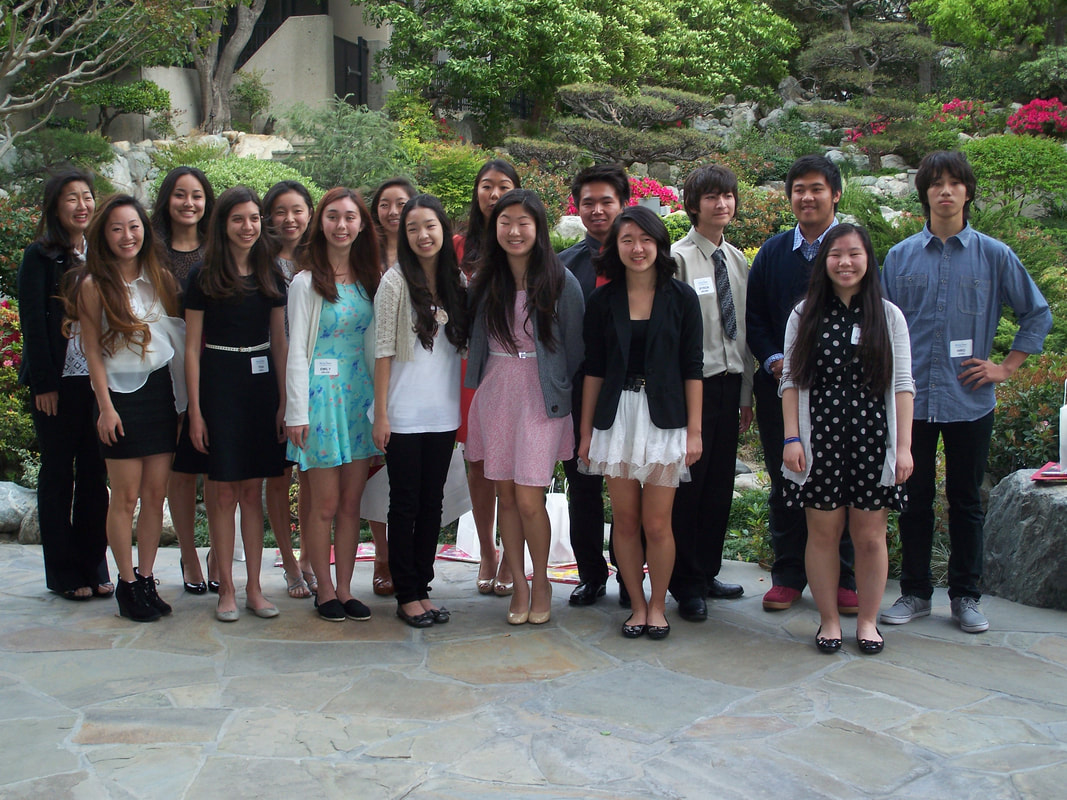|
History of the Rising Stars Youth Leadership Program
It all began with the Building Community Through Leadership (BCL) program organized by the Nikkei Federation and conducted by Leadership Education for Asian Pacifics (LEAP) in 2003. BCL drew thirteen representatives from Southern California’s Nikkei organizations, including staff and volunteers from Japanese American community centers, Little Tokyo Service Center and the Japanese American National Museum. As part of the program, the representatives participated in a series of leadership workshops and also worked on one of two group projects. Half of the representatives worked on determining the needs of the Japanese American community so that the community’s infrastructure could be strengthened, and the other half worked on developing a leadership training program for youth. A common refrain heard from the representatives throughout the BCL program was “I wish I had learned this when I was younger.” Though the group projects were meant to be learning exercises for the representatives, by the end of the BCL program, the representatives felt so strongly about the need for future leaders for the Japanese American community, that they decided to implement the leadership program for students. Six months later and with a grant of $5,000 from the Rafu Shimpo Foundation, the first Rising Stars Youth Leadership Program was born. Starting with five workshops, a group project and with a mission to develop leadership skills and encourage involvement in the Asian American community with an emphasis on the Japanese American community, the Rising Stars Planning Committee has constantly sought to improve the Program by adding, deleting and improving its workshops and activities. In order to address the need for better bonding of the students, a beach outing was added in the second program (RS2). This was followed by adding activities for the parents and siblings and a separate Alumni Program for graduates of the Rising Stars Program. Starting with RS8, a workshop for the parents was added—Working in Groups—to give the parents a better understanding of what their children were learning in the Program. With RS21, the 2024-2025 Program now has four leadership training workshops, including, “Team Dynamics,” “Assertiveness,” “Speaking with Purpose,” and “Networking.” To help students understand Japanese American culture and community, it also provides workshops on “Cultural Awareness” and "Japanese American Heritage," and such activities as a scavenger hunt in Little Tokyo, a tour of the Go For Broke National Education Center, a tour of the Japanese American National Museum, and a viewing and discussion of documentaries about the 442nd Battalion and Nisei and Sansei veterans—“Witness: American Heroes” and "Legacy Voices"—and about the movement by three Nisei women to get the U.S. Postal Service to create a stamp commemorating Nisei soldiers who fought in World War II—"Stamp Our Story." The students also work together on a major group project—planning, organizing, and running a miniature golf tournament with twin goals of having the students use their leadership skills and raising funds for future Rising Stars Programs. In addition to the beach outing, a bowling outing has been included in the program as a social activity. A program called College Life 101 has been put on for over thirteen years, which, until RS14, was organized by members of the Alumni Program. College students from various public and private colleges—most of whom are Rising Stars graduates—speak with students and parents about their experiences in college and answer any questions they have about college and college life. A college admissions counselor also speaks about the college admissions process and answers any questions participants have. The Program, which is now seen as a vital component of the Japanese American community, could not have succeeded without the support of its many volunteers, supporters and sponsors, especially The Rafu Shimpo (Media Sponsor). |
|

